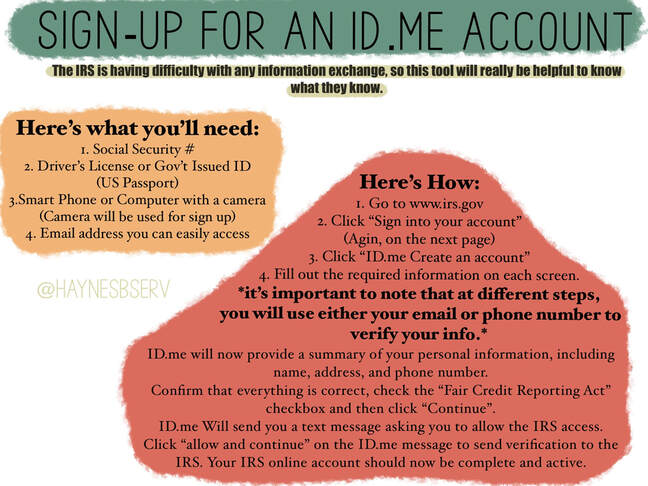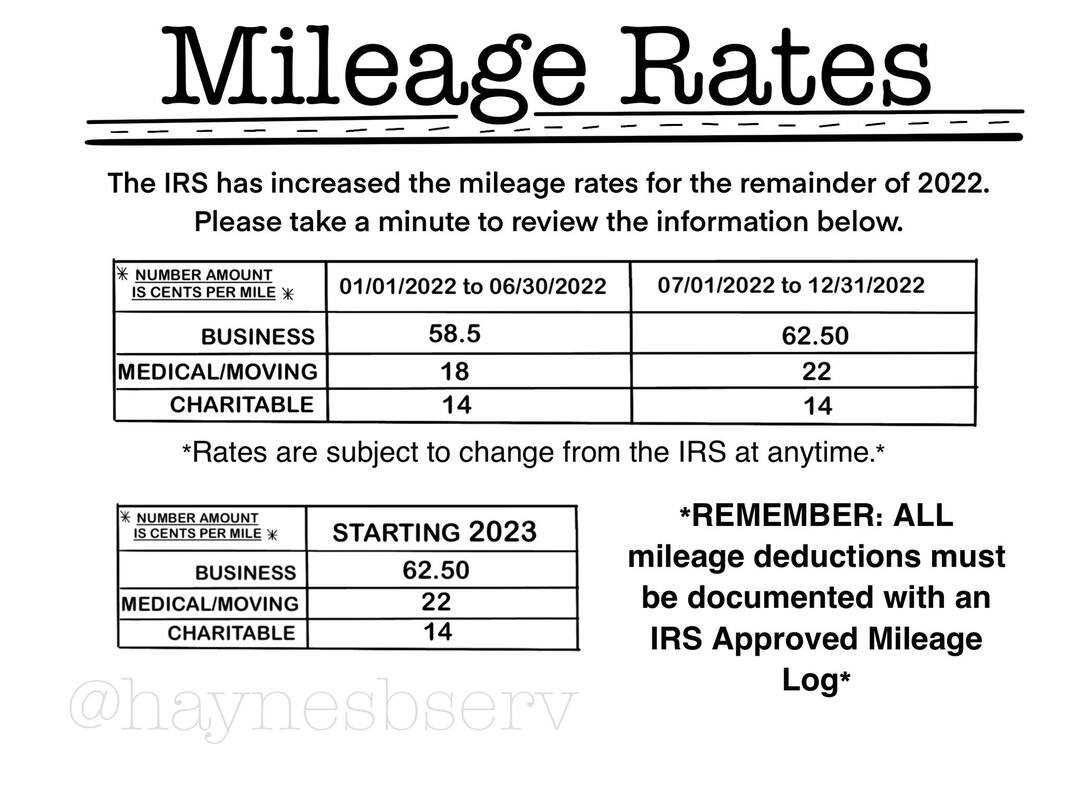|
7/26/2023 0 Comments The IRS is sending unannounced visits to taxpayers to protect worker safety & combat scammers.Take a second to check out this article! The IRS says it is ending its decades-old policy of making unannounced home and business visits — in an effort to keep its workers safe and combat scammers who pose as IRS agents.
12/14/2022 0 Comments 1099K FormWhat should I do with this information?
|


 RSS Feed
RSS Feed
